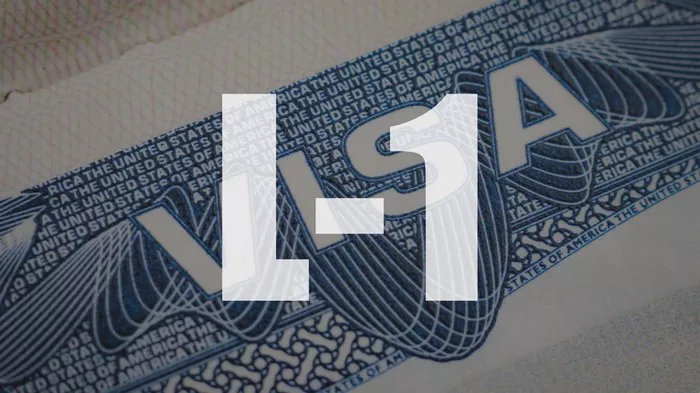The Department of Homeland Security (DHS) is considering a new rule that would require employers to pay additional fees when extending work visas for foreign employees. Currently, a fee known as the 9/11 Response and Biometric Entry-Exit Fee applies only to initial visa petitions and changes of employers. Under the proposed rule, this fee would also be required for visa extensions, specifically $4,000 for H-1B visas and $4,500 for L-1 visas.
The 9/11 Response and Biometric Entry-Exit Fee was established to support national security initiatives, including systems that monitor the entry and exit of non-U.S. citizens. Originally enacted through the Consolidated Appropriations Act of 2016, this fee currently applies to certain H-1B and L-1 visa petitions.
Current Fee Structure
Currently, employers with 50 or more employees in the U.S., where more than half are on H-1B or L-1 visas, must pay this fee for initial petitions or when there is a change of employer. The current fees are $4,000 for H-1B petitions and $4,500 for L-1 petitions.
Proposed Changes
The proposed rule seeks to expand these fees to cover visa extension petitions as well. This means that employers would need to pay the $4,000 or $4,500 fee not only when filing initial petitions or changing employers, but also when extending the employment period for existing H-1B or L-1 visa holders.
Reasons for the Change
The DHS has provided several reasons for proposing this change:
Increased Funding Needs: The expanded fee will generate additional funds required for the ongoing operation and enhancement of the biometric entry-exit system.
Consistency and Fairness: The change aims to apply the fee uniformly across all types of visa petitions, ensuring fairness in fee application.
Enhanced Security: Adequate funding will help sustain and improve the biometric entry-exit system, crucial for immigration monitoring and national security enhancement.
Impact on Employers
If implemented, the rule would raise costs for employers heavily reliant on H-1B and L-1 visas. Companies conducting frequent visa extensions may face significant financial burdens, prompting potential adjustments in hiring strategies and approaches to extending employment for foreign workers.
The DHS is currently soliciting public comments on the proposed rule, with stakeholders and the public invited to provide feedback until July 8, 2024.


